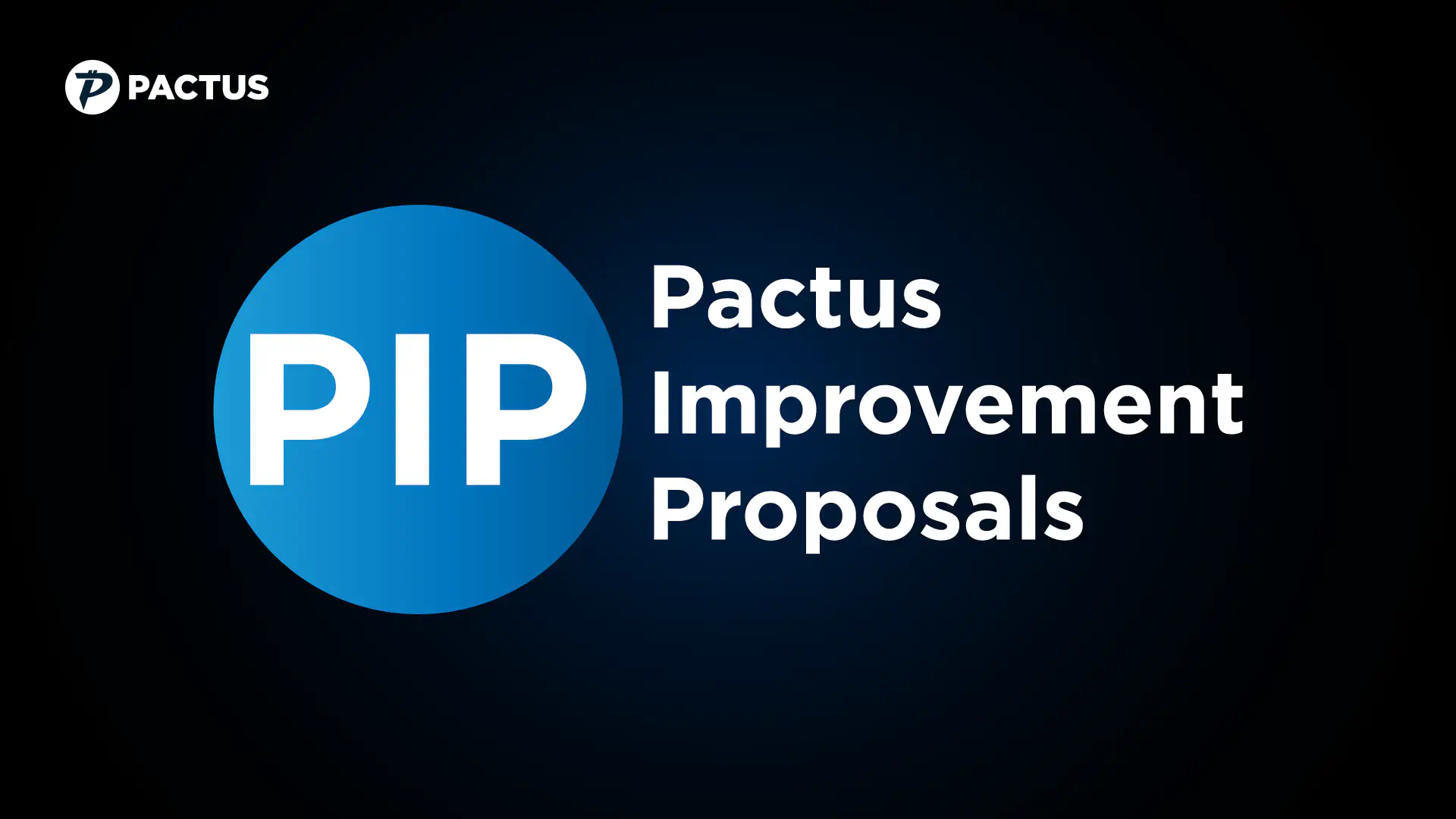Introduction to PIPs

Introduction to PIPs
In our commitment to transparency and innovation, we’re excited to introduce a major step in Pactus’s journey: the Pactus Improvement Proposals, or PIPs.
What are PIPs?
Pactus Improvement Proposals (PIPs) define standards for the ongoing development and enhancement of the Pactus platform. Each PIP has a unique number like PIP-2, PIP-3, and so on. These proposals provide technical details for suggested modifications or enactments, serving as a guide for development.
The PIP process
The PIP process is open, allowing any member of the Pactus community to propose a PIP. The author should provide a summary, motivation, and a detailed technical explanation. The Pactus Laboratory team will carefully review each PIP. Security considerations must be addressed before finalizing a PIP. Once finalized, it can be added to the code. This process helps avoid unexpected issues during development and maintain consistency and safety.
The Origins of PIPs
The Pactus Improvement Proposals (PIPs) was inspired by the Ethereum Improvement Proposals (EIPs) system, which had its roots in the Bitcoin Improvement Proposals (BIPs) and Python Enhancement Proposals (PEPs).
New Feature Policy
From now on, all major changes or new features in the Pactus project require a PIP. Any implementation must reference its specific PIP. Without approval from Pactus Laboratory team, changes won’t be approved and added to the codebase.
PIPs Repository
For a complete list of Pactus Improvement Proposals, visit this link. The corresponding GitHub repository is accessible here.

